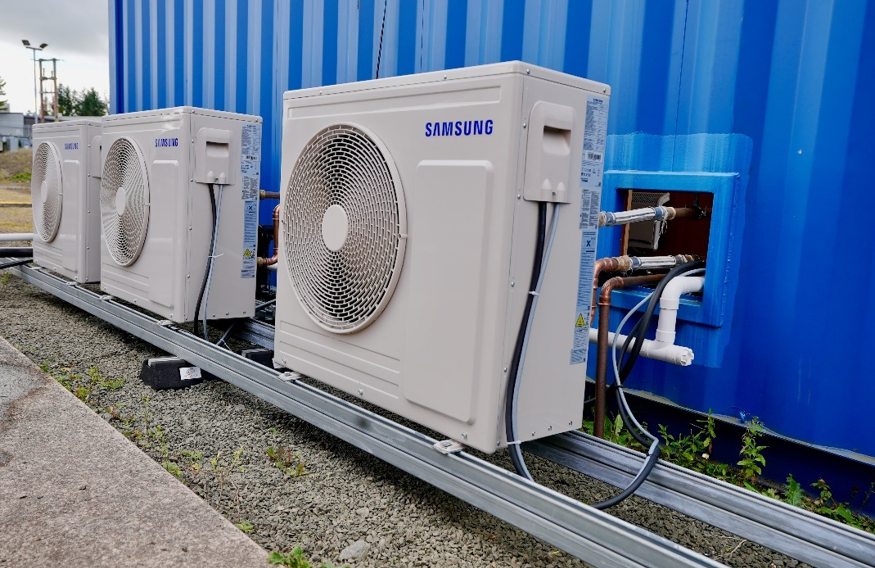BMW and Toyota are expanding collaboration in the field of fuel cell electric vehicles (FCEV), with BMW launching a series-production hydrogen car in 2028.
After successfully testing the BMW iX5 Hydrogen pilot fleet worldwide, BMW is now preparing for series production of vehicles with hydrogen drive systems in 2028 on the basis of the jointly developed next-generation powertrain technology.
Both companies will also be promoting hydrogen infrastructure development, giving the network of fuelling stations a boost. Both companies are encouraging sustainable hydrogen supply by creating demand, working closely with companies that are building low-carbon hydrogen production, distribution, and refuelling facilities.
Hydrogen has some advantages over battery electric vehicles, partly in the refuelling time (short) which makes them useful for heavy use and long distance, but also for those that do not have easy access to home charging.
“Powered by hydrogen and driven by the spirit of our cooperation, it will underscore how technological progress is shaping future mobility,” said Oliver Zipse, chairman of the board of management of BMW AG. “And it will herald an era of significant demand for fuel cell electric vehicles.”
Realising synergies and amalgamating the total volume of powertrain units by collaborating on development and procurement promises to drive down the costs of fuel cell technology as BMW and the Toyota jointly develop the powertrain system for passenger vehicles, with the core fuel cell technology creating synergies for both commercial and passenger vehicle applications. However, despite the joint development, BMW and Toyota FCEV models will maintain distinct brand identities.
© 2019 Perspective Publishing Privacy & Cookies







Recent Stories